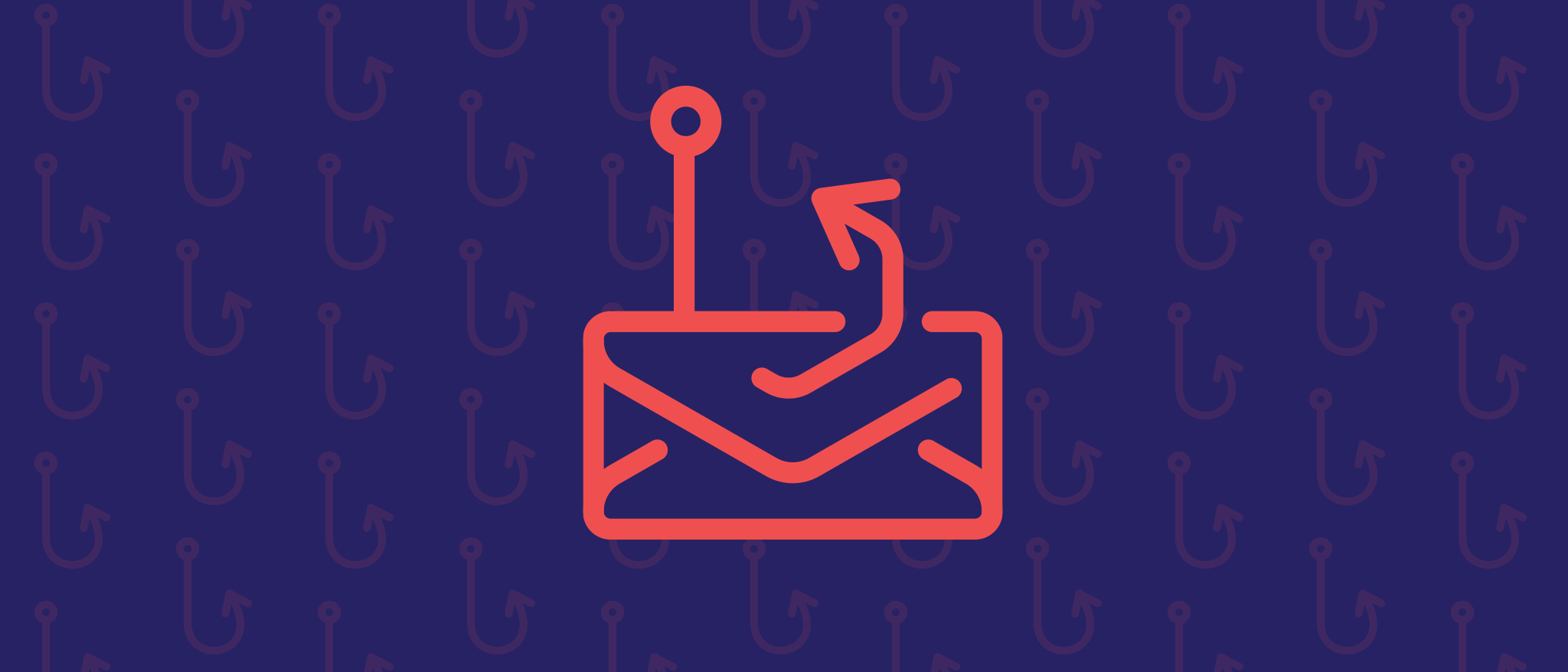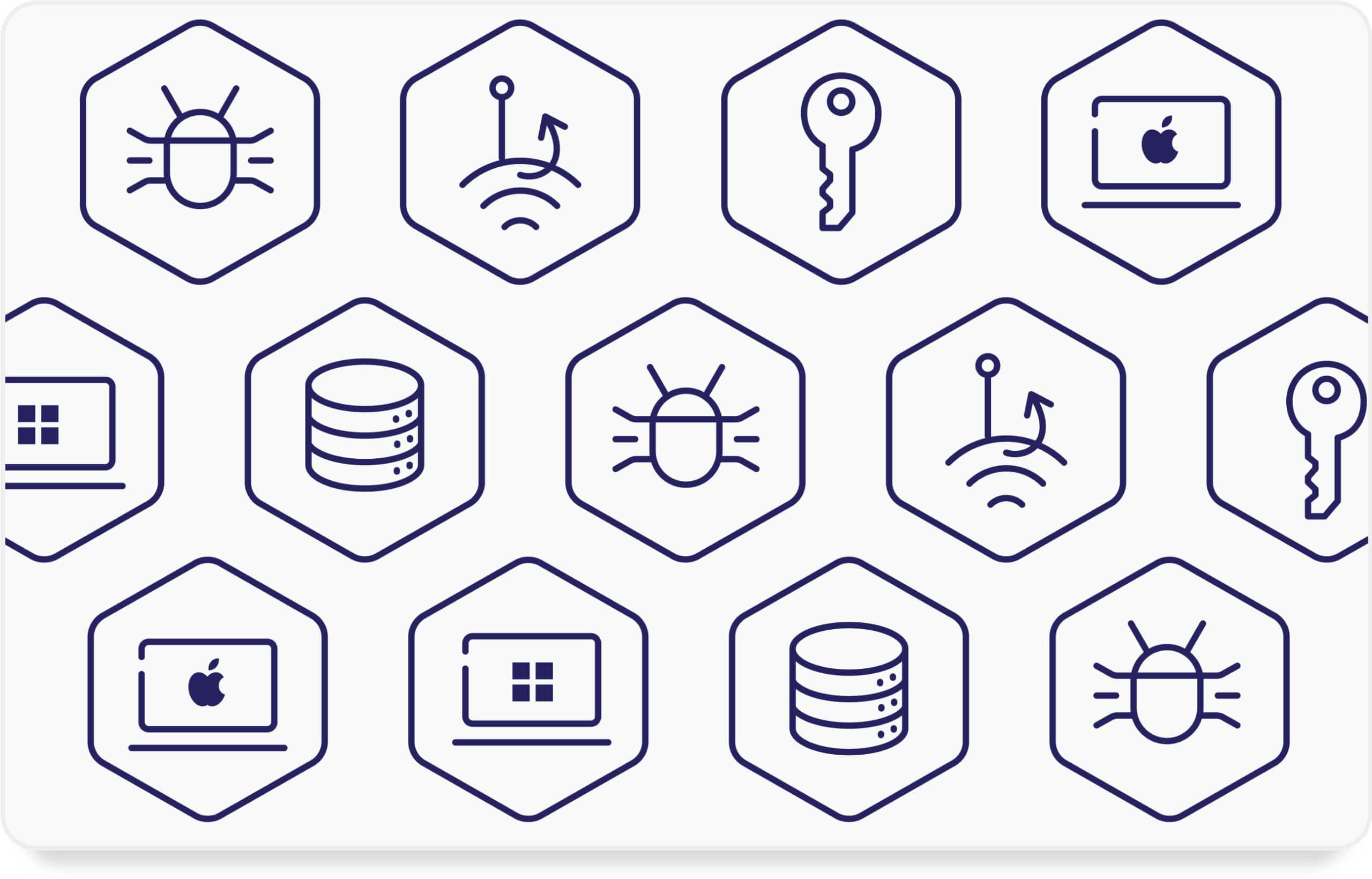Cybersecurity probably isn’t the first thing that comes to mind when you’re thinking of the Summer Olympics. However, experts have warned that there are a number of threat actors who will likely target this year’s games in Paris, happening July 26 through August 11.
Paris 2024 has been working with ANSSI—the French national agency for information security—as well as private firms in order to limit the potential impact of cyberattacks. Vincent Strubel, the director of ANSSI, has said that the Olympics faces an “unprecedented level of threat,” which they have met with an “unprecedented amount of preparation work,” including the deployment of ethical hackers and AI systems.
There’s bound to be some sort of malicious cyber activity around this year’s summer games. The best case scenario is any incidents are small and contained. Still, it’s interesting to pay attention to the chatter ahead of a rare, major global event and survey the threat landscape and the precautions being taken in advance. Especially as there’s warnings about the cumulative impact of cyber attacks and governments are gearing up for stronger defenses.
Why is the Summer Olympics a Target?
You might be wondering why an event like the Olympics—which aims to unite people from across the world for a series of athletic competitions—would be a target for cyber attacks. There are a number of reasons:
- Espionage: With a large number of government officials and high-profile individuals attending, the Olympics are a goldmine for cyber espionage groups. Hackers might target these individuals to steal sensitive information or gain access to confidential communications.
- Disruption and Damage: Hackers may launch disruptive attacks to cause chaos and damage the reputation of the games. These attacks could take various forms, like shutting down websites, overwhelming systems with traffic (DDoS attacks), or even deleting critical data (wiper malware). The global audience of the Olympics makes these attacks particularly impactful.
- Spreading Misinformation: The global media coverage around the Olympics offers a perfect platform for spreading disinformation. Hackers might create fake news or manipulate information to target specific audiences or influence public opinion. This can be especially dangerous when combined with disruptive attacks, creating a hybrid operation with far-reaching consequences.
- Financial Gain: Cybercriminals won’t miss the chance to target the Olympics financially. They might launch ticket scams, steal personal information (PII) from attendees, or attempt extortion against organizations involved in the games.
Cyberattacks could impact a number of entities, including sponsors, who may not be equipped to deal with state-sponsored hackers or extortion operations, as was seen in 2018, when the Russian Main Intelligence Directorate (GRU) disrupted the PyeongChang Winter Olympics using malware dubbed Olympic Destroyer.
Which Entities Are Posing the Biggest Threats?
State-sponsored actors pose the most significant threat to the Olympics. Among them, Russia is assessed as the most likely to launch disruptive, destructive, or hybrid operations. Their track record of disrupting past games, coupled with ongoing tensions with Europe and recent disinformation campaigns targeting France, paints a concerning picture. APT44—a notorious Russian group—is a prime suspect, potentially employing a multi-pronged attack strategy that includes credential phishing to steal login credentials, malware distribution to infiltrate systems, and disruptive attacks to cause general chaos.
China, while presenting a moderate risk, shouldn’t be underestimated. Groups like APT31, APT15, and TEMP.Hex might target organizations and individuals associated with the Olympics, aiming to gather valuable intelligence through spear phishing and information-harvesting tactics. While large-scale destructive campaigns are less likely, their potential for disrupting operations shouldn’t be dismissed.
Rounding out the list are Iran and North Korea, who pose lower threats but still warrant attention. APT42 from Iran could exploit the Olympics as a lure to launch cyberespionage attacks against European civil society and non-profit organizations. North Korea’s APT43 might hijack the event for financial gain through fraudulent activity or use social engineering campaigns to manipulate targets.
The diverse motivations and capabilities of these state-sponsored actors highlight the complex cyber threat landscape surrounding the 2024 Olympics. Vigilance and proactive measures will ensure a safe and secure games for athletes, organizers, and spectators.
Information Operations and Hacktivism
The Olympics’ global spotlight attracts not only athletes but also malicious actors looking for notoriety or disruption. Pro-Russian hacktivist groups like Anonymous Sudan, Cyber Army of Russia Reborn (most-recently known for attacking US wastewater), NoName057(16), and UserSec pose a significant threat. These groups may launch crippling DDoS attacks to disrupt events, exploit leaked data from state-sponsored intrusions to amplify their impact, or attempt to spread disinformation that undermines the games’ integrity.
Doppelganger, a pro-Russian information operation, exemplifies these tactics. Using a network of fake websites and social media accounts, it targets European audiences with narratives questioning France’s preparedness for the games, stoking fear of Islamic extremism, and promoting pro-Russia agendas. China is likely to follow suit, potentially using past doping scandals to paint a negative picture of the West. Their DRAGONBRIDGE campaign, which criticized the US boycott of the 2022 Beijing Olympics, serves as a historical precedent. Belarus, too, might exploit the Olympics to sow discord, as evidenced by UNC1151’s activity in the Ghostwriter campaign’s attempts to incite a Lithuanian boycott of the previous Winter Games.
Financially-Motivated Threats
Cybercriminals see the Olympics as a lucrative opportunity. Ransomware and extortion attacks are a major concern, targeting high-pressure situations like the games. France—already a frequent target for ransomware and data theft, is particularly vulnerable—from groups like LockBit, 8Base, and NoEscape are likely culprits.
Staying Safe During the Olympics
The potential for cyberattacks during the 2024 Olympics underscores the need for a multi-pronged approach. Organizations involved in the games must be vigilant and educate staff about potential threats like phishing scams and social engineering tactics. Implementing strong firewalls, endpoint protection systems, and user authentication protocols are crucial to prevent intrusions.
Collaboration between governments, security agencies, and event organizers is essential for identifying and mitigating threats.
Tourists and supporters traveling to France should also be vigilant. Public Wi-Fi networks are often unsecured, making them a prime target for hackers. Avoid sensitive transactions and accessing personal accounts while on public Wi-Fi. Consider using a VPN (Virtual Private Network) for added security.
Ticket scams will also flourish as excitement for the games grows. Fake websites offering counterfeit tickets can easily exploit the surge in demand. If you’re planning on attending the Olympics, be cautious of any third-party platforms you use for ticket purchases.
Look out for deals or offers that seem too good to be true, especially those related to tickets or travel arrangements. Stick to official sources for tickets and accommodation to avoid scams.
Cybercriminals will also likely leverage the Olympics as “lure material” in phishing emails and messages. These messages may appear to be about the games but actually contain malware. Stay vigilant and don’t click on suspicious links or attachments, especially those related to the Olympics.
And, in the off chance you or someone you know is attending the games as a VIP, be extremely cautious about unexpected emails, phone calls, or physical interactions, and report any suspicious activity to security personnel immediately.
Looking Ahead
As Vincent Strubel of ANSSI says, “there will not be games without attacks” but those events can be mitigated and limited.
Increased awareness and preparedness—by governments, organizers, sponsors, and supporters—will go a long way to creating a safer environment for everyone attending or participating in the Olympic Games this year.




















